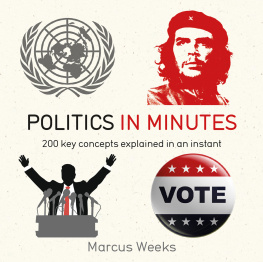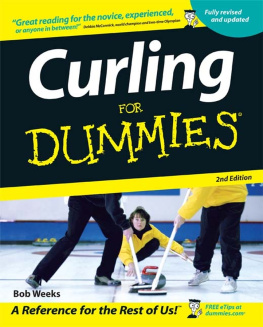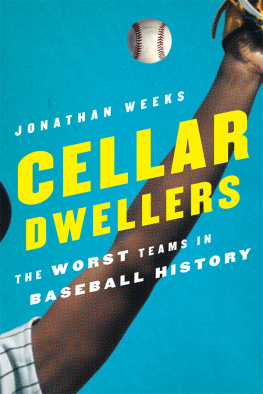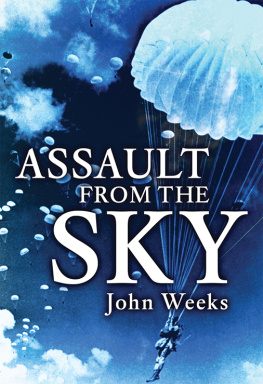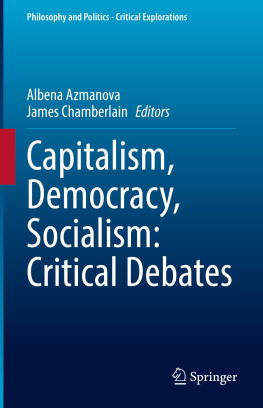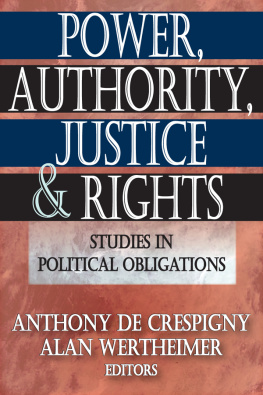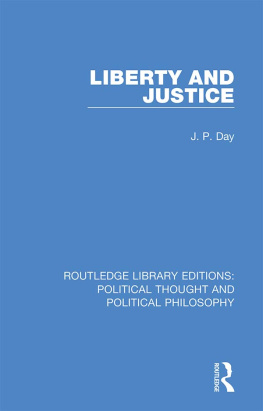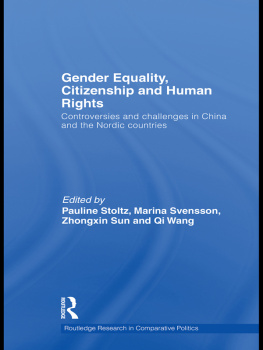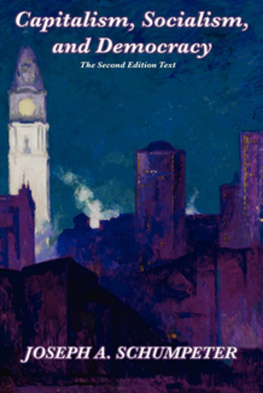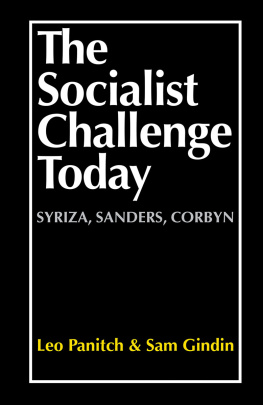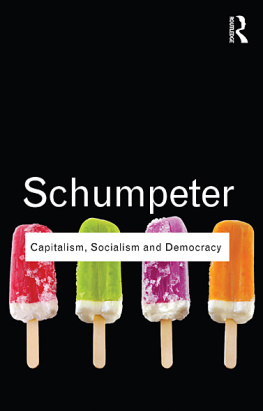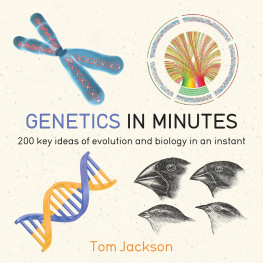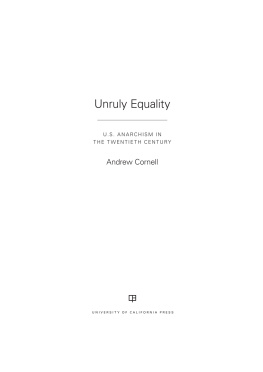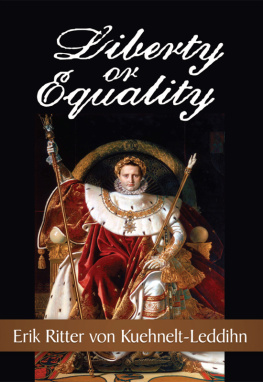Weeks - Politics in Minutes
Here you can read online Weeks - Politics in Minutes full text of the book (entire story) in english for free. Download pdf and epub, get meaning, cover and reviews about this ebook. City: New York, year: 2016, publisher: Quercus, genre: Politics. Description of the work, (preface) as well as reviews are available. Best literature library LitArk.com created for fans of good reading and offers a wide selection of genres:
Romance novel
Science fiction
Adventure
Detective
Science
History
Home and family
Prose
Art
Politics
Computer
Non-fiction
Religion
Business
Children
Humor
Choose a favorite category and find really read worthwhile books. Enjoy immersion in the world of imagination, feel the emotions of the characters or learn something new for yourself, make an fascinating discovery.
Politics in Minutes: summary, description and annotation
We offer to read an annotation, description, summary or preface (depends on what the author of the book "Politics in Minutes" wrote himself). If you haven't found the necessary information about the book — write in the comments, we will try to find it.
Politics in Minutes — read online for free the complete book (whole text) full work
Below is the text of the book, divided by pages. System saving the place of the last page read, allows you to conveniently read the book "Politics in Minutes" online for free, without having to search again every time where you left off. Put a bookmark, and you can go to the page where you finished reading at any time.
Font size:
Interval:
Bookmark:

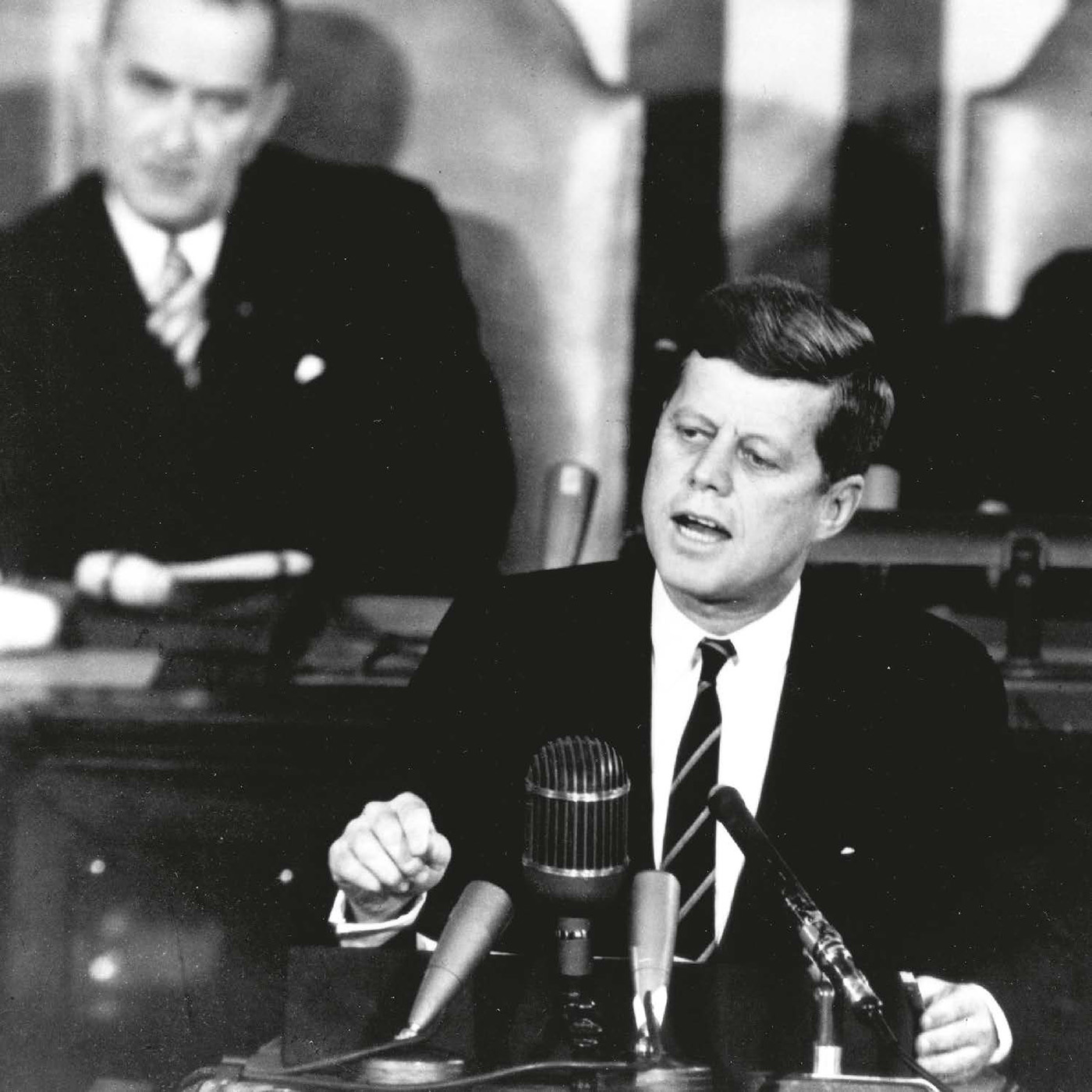
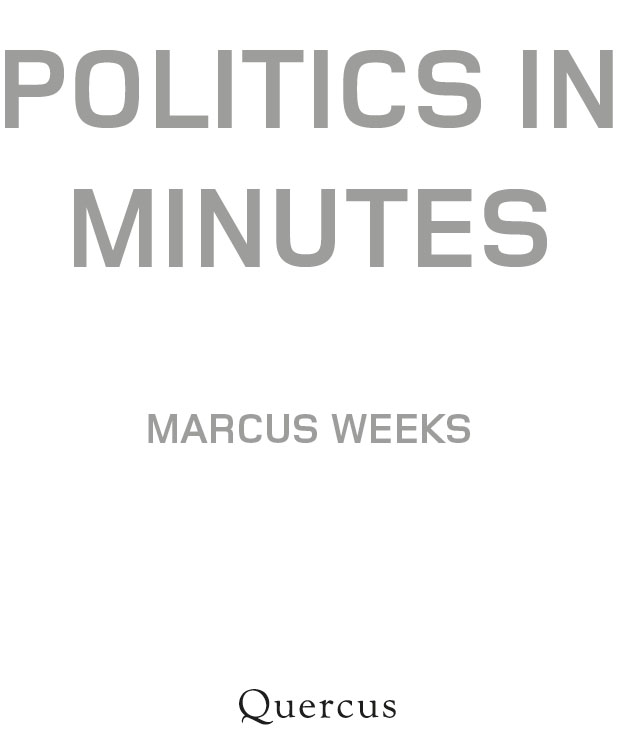
CONTENTS
A surprisingly large proportion of people profess to have no interest in politics. Yet in conversations in bars and cafs, over dinner tables, and at the water cooler, its difficult to find someone who doesnt have an opinion on the news of the day. The substance of these informal discussions and arguments is the same as the debates that are held in parliaments and in the media: the best way to organize the society we live in. In short, politics.
Politics affects every aspect of our lives, and whether we know it or not. We all take an interest in the ways society impinges on our freedoms, protects us from harm, or allows us to get on with our lives. Simply by living in a society, we are taking part in a political process choosing how that society should be organized, governed, and regulated is the business of politics. The rules and regulations, rights and responsibilities, and duties and benefits, are the nuts and bolts of politics; how they are decided and by whom the stuff of political philosophy.
Few subjects except perhaps sport or religion arouse such passion as politics. Followers of any particular political party or ideology can show as much loyalty as others do to their local football team, and have absolute faith in its validity. Differences of opinion range from the polite disagreement of the dinner-party discussion, to a clash of cultures and all-out war.
Arguments by politicians and their supporters from all sides of the political spectrum are aimed to persuade us to their point of view, and news stories in the media are all presented from a necessarily biased perspective. Rather than simply accepting the political opinions being touted by those seeking our vote or pushing a political agenda, most of us like to think we can make up our own minds. But in order to do that, we need to be aware of all the options, the thinking behind them and their implications. The ideas briefly presented in this little book will go some way to help the reader formulate rational political views, or at least have an informed justification for the beliefs he or she already holds and, hopefully, to approach the ballot box with more conviction and confidence. And, of course, to be more persuasive in the debates at the bar or water cooler.
M an, the philosopher Aristotle asserted, is a political animal. What he meant is that humans are by nature social, and tend to live and work together in groups, and in order to function properly, these groups need to have an underlying political system. Family groups have, over time, developed into tribal communities, villages, towns and eventually cities and states. In order for the members of these societies to function as a unit, there had to be some organization, and an authority to ensure the well-being of the group.
In primitive family groups as with pack animals the ruler was often the patriarch, the alpha male. As these groups became larger and more sophisticated, so too did the systems used to organize and regulate them; in addition to the single leader there developed ruling families and councils of elders. Some rulers inherited their position; others were appointed for their leadership qualities. Even before the founding of the first great civilizations, the elements of politics had begun to evolve.
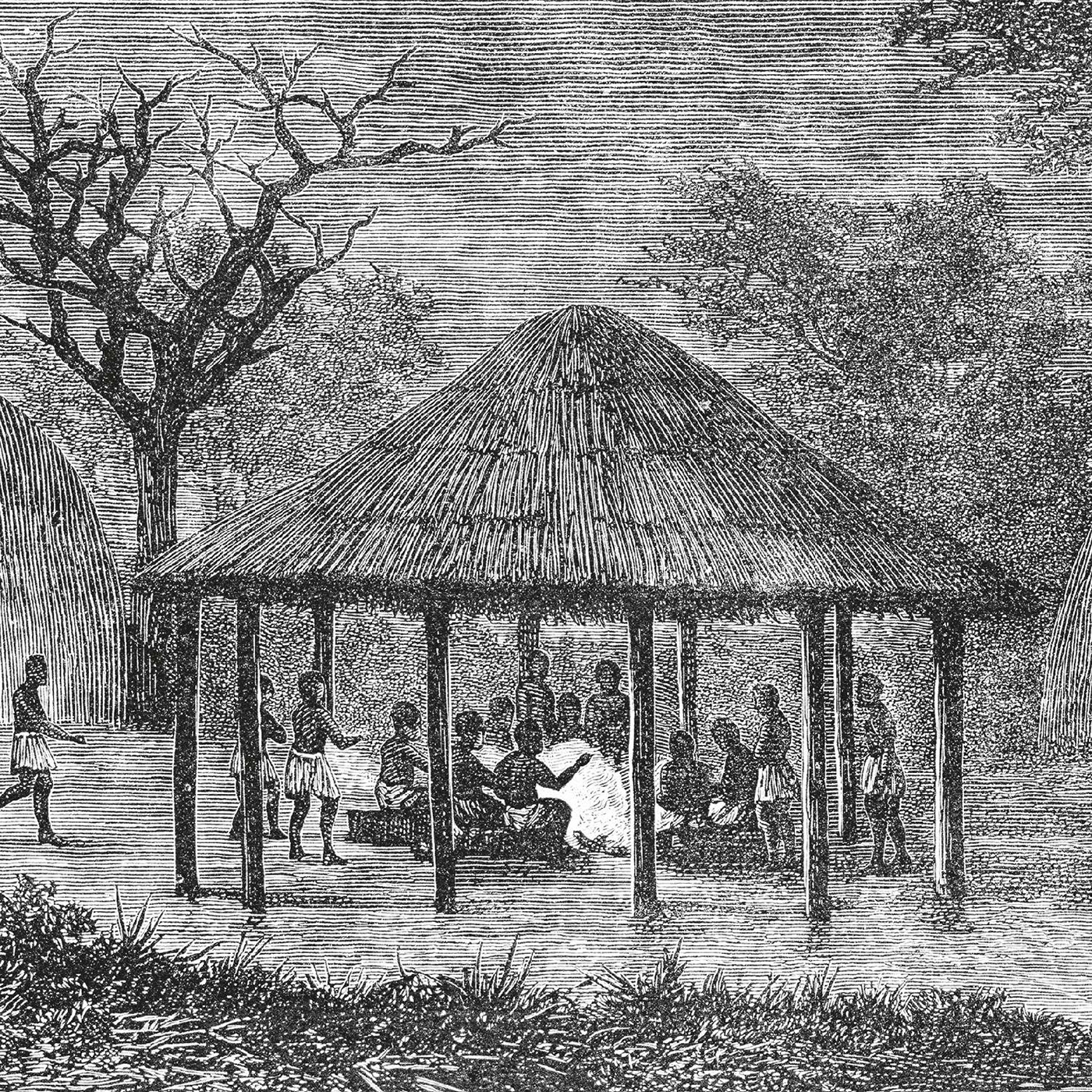
C ivilization came with the establishment of settled communities towns and cities, and eventually nation states and empires. For these societies to thrive, they needed a more formal system of organization than the absolute rule of a tribal leader. This required formulating rules and regulations, and the means to enforce them the business of government. Among other things, governments have the authority to make and enforce laws, collect taxes and order military forces. Who acquires and administers this power is the business of politics.
Modern societies are more often than not governed by a group of people. The notion of leadership runs deep in the human psyche, however, and there are still some states in the world ruled by a single leader, whether a benign monarch or tyrannical dictator. Even democracies with governments of elected representatives feel the need for a symbolic figurehead, and there is almost invariably a head of state in the form of a monarch, president or prime minister.
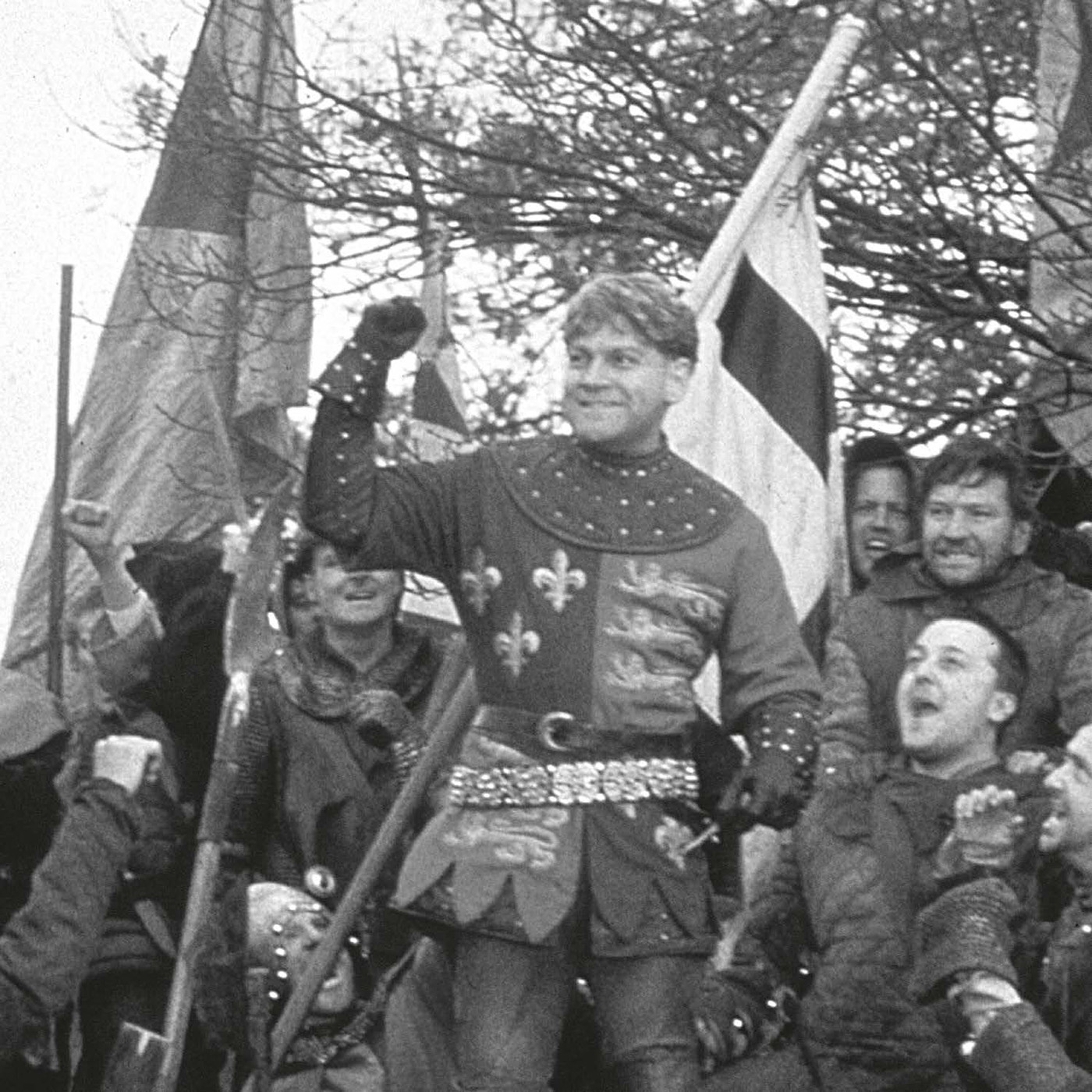
T he larger and more sophisticated a society becomes, the more complex its organizational structures tend to be. Small tribal groups consisted simply of a single leader and his people the ruler and the ruled but modern nation states and even local communities have outgrown this simple model. Hierarchies of various sorts have evolved, with different levels of power and authority. A medieval monarch, for example, sat at the top of the pecking order, but between him and the ordinary serfs were the noble families of the aristocracy, given some power by the king in return for certain favours.
The pattern of hierarchies continues today in the pyramid-like structures of governments, with citizens forming the base, and layers of government such as civil servants, parliament and ministers above them, and at the apex the head of state. The effectiveness of such a political hierarchy is determined by how much power is imposed by any level on those below, and how much authority is given by the lower levels to those above.
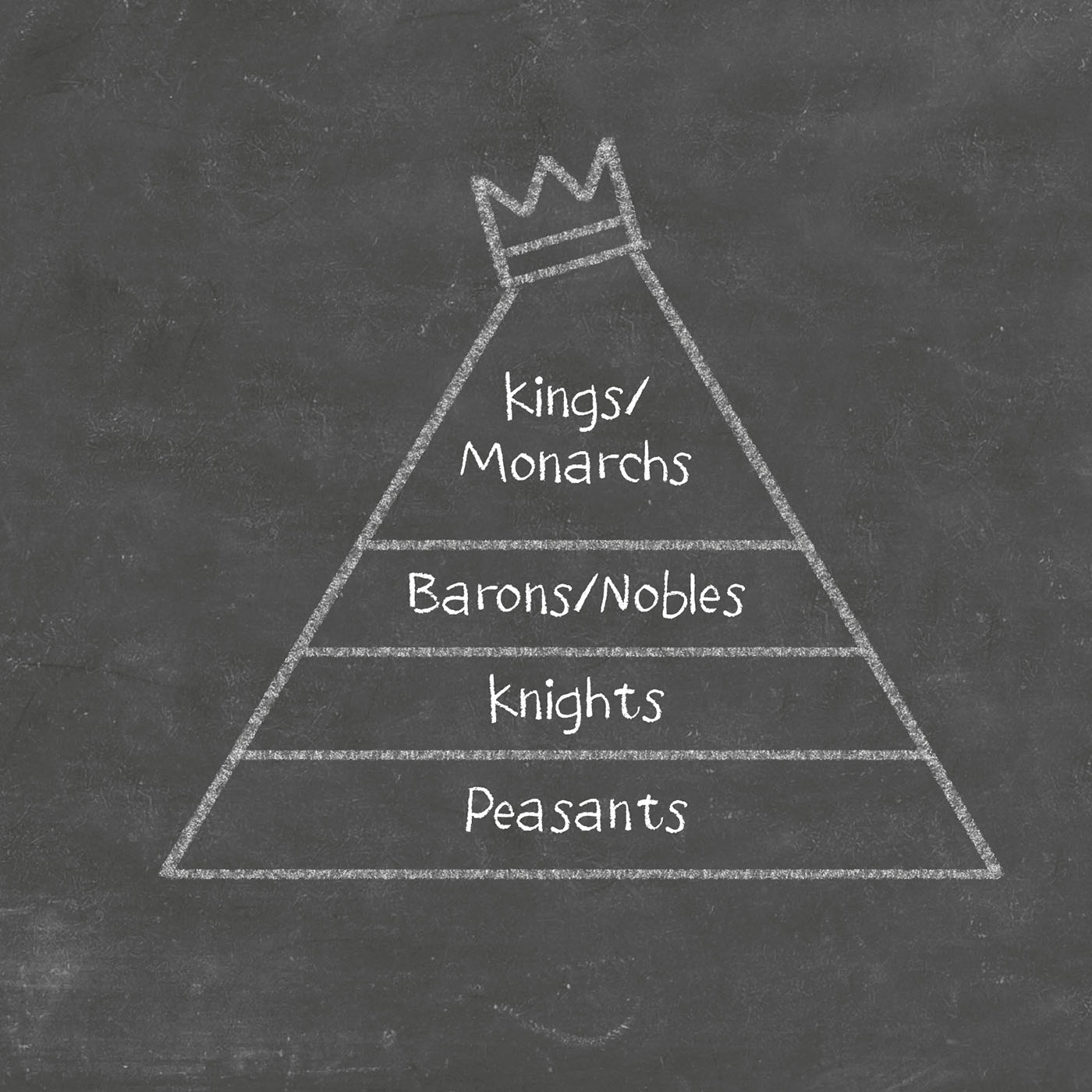
I t is something of a truism to say that political thought had its origins in Ancient Greece, and that classical Athenians invented democracy. But it would be more accurate to say that in the 6th century BCE , Athens had become the centre of a prosperous city-state, with an educated urban population. Philosophical debate flourished, including discussions of how the state should be governed, and in 510 BCE the ruling tyrant was deposed and political power was given to the people. Or, at least, some of the people.
Decisions about the running of the state were made by popular assembly, which all eligible male citizens were encouraged to attend. The fledgling democracy, the first of its kind, inspired ordinary citizens to consider what sort of society they would like to live in, and how it should be administered. At the same time, Athens fostered an atmosphere of intellectual enquiry, producing philosophers including Socrates, Plato and Aristotle from which evolved the beginnings of political philosophy.
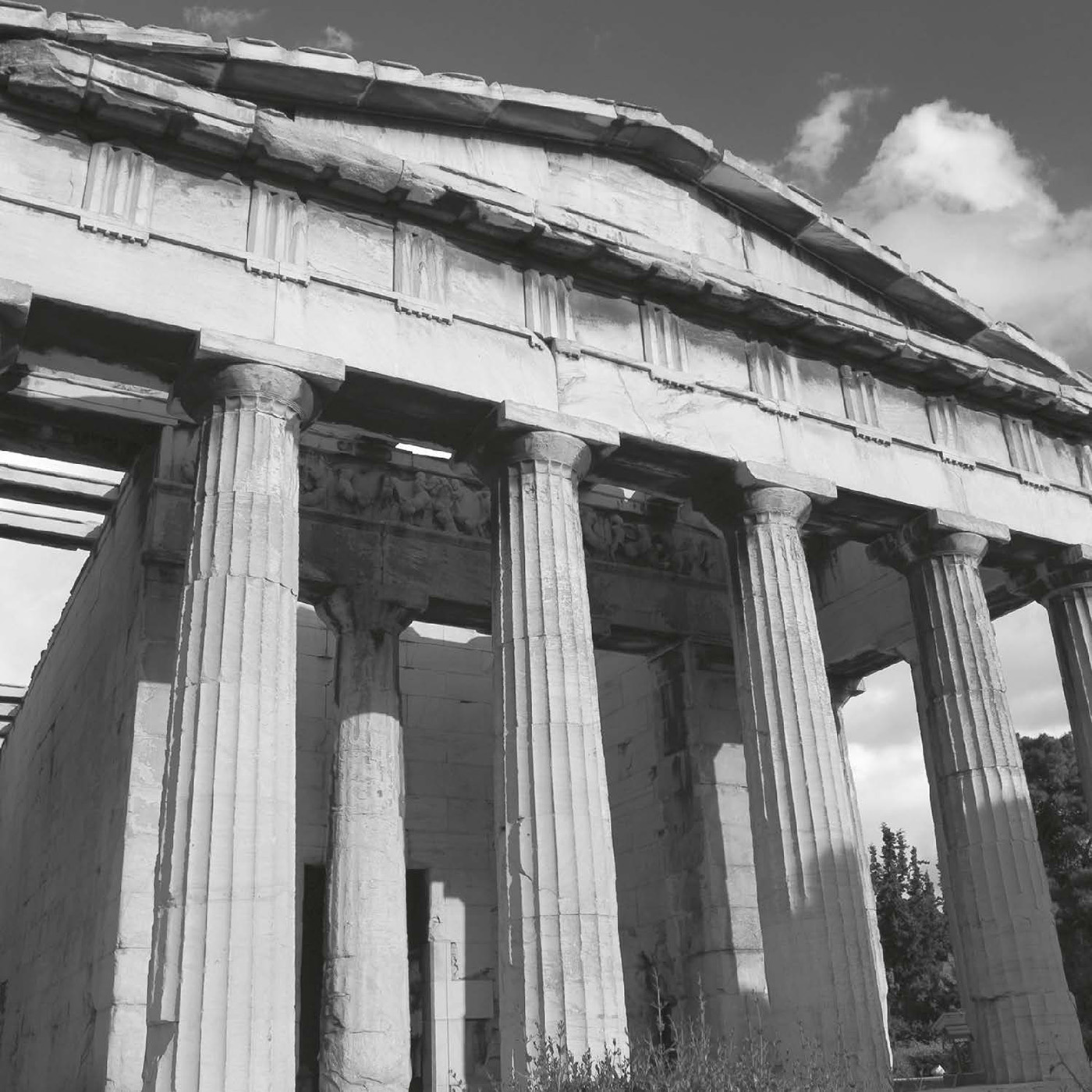
O ne of the first questions for the early Greek political philosophers was: what is the purpose of government? Until then, it had been taken for granted that a community should have a leader but, now power had been transferred to the people, Athenian thinkers began to ask what sort of society and what kind of government would be best. Plato, in his book Republic , argued that the role of government is to ensure that citizens are able to pursue a good life not simply one of pleasure or happiness, but also a virtuous one.
Font size:
Interval:
Bookmark:
Similar books «Politics in Minutes»
Look at similar books to Politics in Minutes. We have selected literature similar in name and meaning in the hope of providing readers with more options to find new, interesting, not yet read works.
Discussion, reviews of the book Politics in Minutes and just readers' own opinions. Leave your comments, write what you think about the work, its meaning or the main characters. Specify what exactly you liked and what you didn't like, and why you think so.

